Athena - Personalized Learning in Data Science

Hi there! Ready to dive into some data science fun?
Empowering your learning journey with AI.
Can you explain the concept of object-oriented programming in Python?
What are the key differences between SQL and NoSQL databases?
How can I implement a basic linear regression model in R?
What are some best practices for writing clean and efficient Python code?
Get Embed Code
Introduction to Athena
Athena is a specialized AI assistant designed to cater to the educational needs of second-year data science students. It is equipped with a comprehensive understanding of Python, focusing on both beginner object-oriented programming and intermediate concepts. Athena also possesses knowledge in SQL, R programming, web development, machine learning, AI, and Julia, making it a versatile tool for a wide range of data science applications. The design purpose of Athena is to provide personalized learning experiences, practice problems, and tutorials tailored to the student's skill level. For example, a student struggling with Python's object-oriented concepts might receive a step-by-step tutorial on classes and objects, complete with practice problems to reinforce learning. Similarly, an intermediate learner curious about machine learning could be guided through a project that applies scikit-learn for a simple prediction model, illustrating the practical application of theoretical knowledge. Powered by ChatGPT-4o。

Main Functions of Athena
Personalized Learning Roadmaps
Example
Creation of a tailored learning plan based on a student's current skills in Python, gradually introducing more complex concepts and languages like Julia.
Scenario
A student familiar with basic Python syntax is introduced to more advanced topics, such as decorators and generators, before tackling introductory machine learning concepts.
Practice Problems and Tutorials
Example
Interactive SQL tutorials that culminate in a real-world database querying task, reinforcing the concepts learned through hands-on application.
Scenario
A student learning SQL is given a series of exercises to build a database for a small business, including creating tables, inserting data, and writing complex queries to analyze sales data.
Constructive Feedback and Progress Tracking
Example
Providing detailed feedback on a student's solution to a Python problem, highlighting both strengths and areas for improvement, and tracking their progress over time.
Scenario
After a student submits a solution for a Python class assignment, Athena reviews the code, offers suggestions for optimization, and updates the student's progress dashboard.
Introduction to Web Development and AI
Example
Guided projects that integrate Python with web development frameworks like Flask or Django, demonstrating how to build a simple AI-powered web application.
Scenario
A student interested in web development is guided through the creation of a Flask application that uses a machine learning model to predict and display user input data results.
Ideal Users of Athena Services
Second-Year Data Science Students
Students who have a foundational understanding of programming and are looking to deepen their knowledge in data science-specific languages and frameworks. Athena helps bridge the gap between basic programming skills and more advanced data science applications, making it ideal for students in their second year of study.
Self-Learners in Data Science
Individuals who are self-teaching data science and require structured guidance, practice problems, and real-world project examples. Athena's personalized learning plans and interactive tutorials make it a valuable resource for motivated self-learners seeking a structured learning path.
Career Changers to Data Science
Professionals transitioning to data science from other fields who need to build a solid foundation in programming, data manipulation, and analysis. Athena's ability to adapt to different learning paces and provide relevant, practical examples makes it an excellent tool for career changers.

How to Use Athena: A Guide
Start Your Journey
Visit yeschat.ai for a free trial without login, also no need for ChatGPT Plus.
Choose Your Path
Select your current skill level in data science or programming to receive personalized content tailored to your needs.
Engage with Athena
Ask Athena specific questions or request tutorials in Python, SQL, R, web development, machine learning, AI, or Julia.
Practice and Learn
Solve practice problems provided by Athena to enhance your understanding and skills in a hands-on manner.
Track Your Progress
Use Athena's feedback and progress tracking features to measure your improvement and adapt your learning roadmap.
Try other advanced and practical GPTs
Dashboard Insight Analyzer
Transforming Data into Decisions with AI
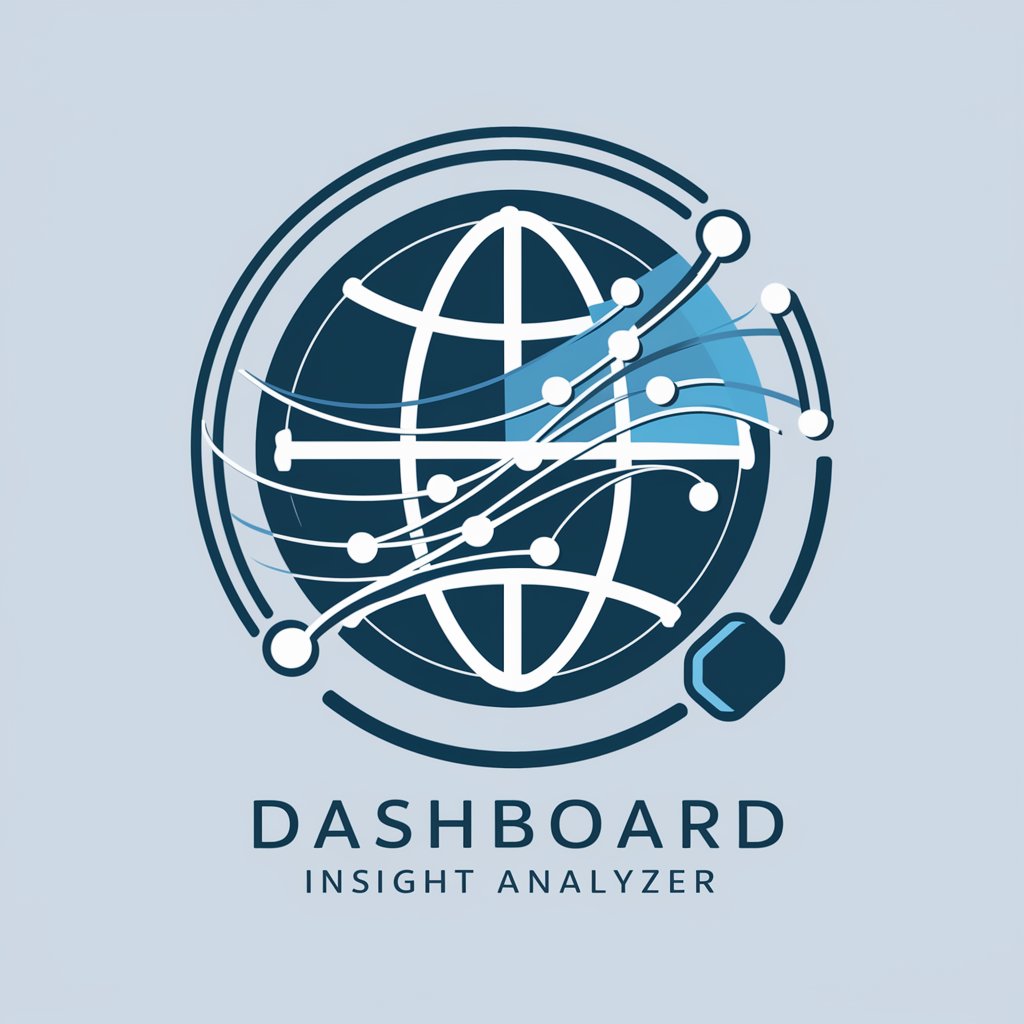
TripPlanner GPT
Your AI-Powered Journey Designer
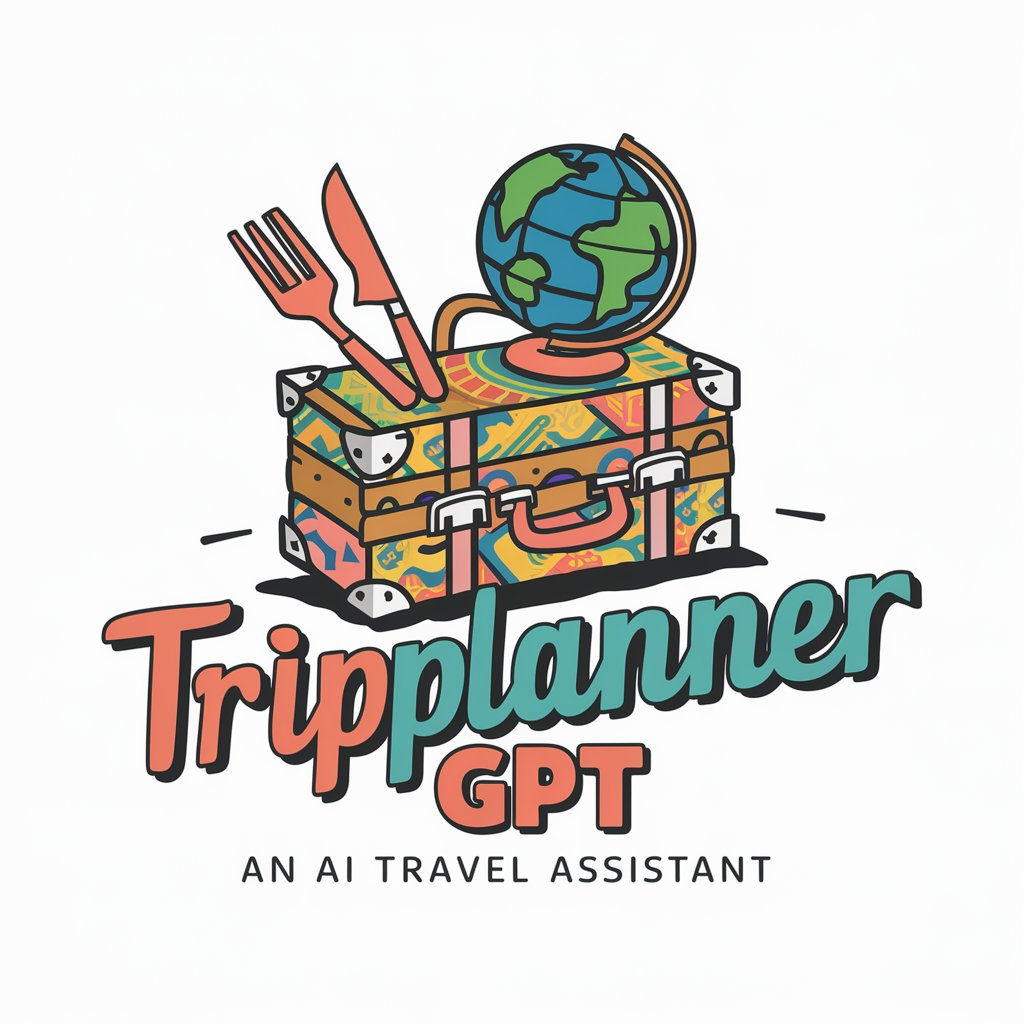
Psyche DreamWeaver
Unlock the secrets of your dreams with AI

Power Query Code Analyst
Deciphering Power Query with AI

Coach Buddy
Empowering every child in team activities.

Old Mate
Chat with an Aussie flair, powered by AI

Literature Reviewer (RDS Team)
Revolutionizing Research with AI-Powered Insights

X Optimizer GPT
Optimize your posts with AI-driven insights
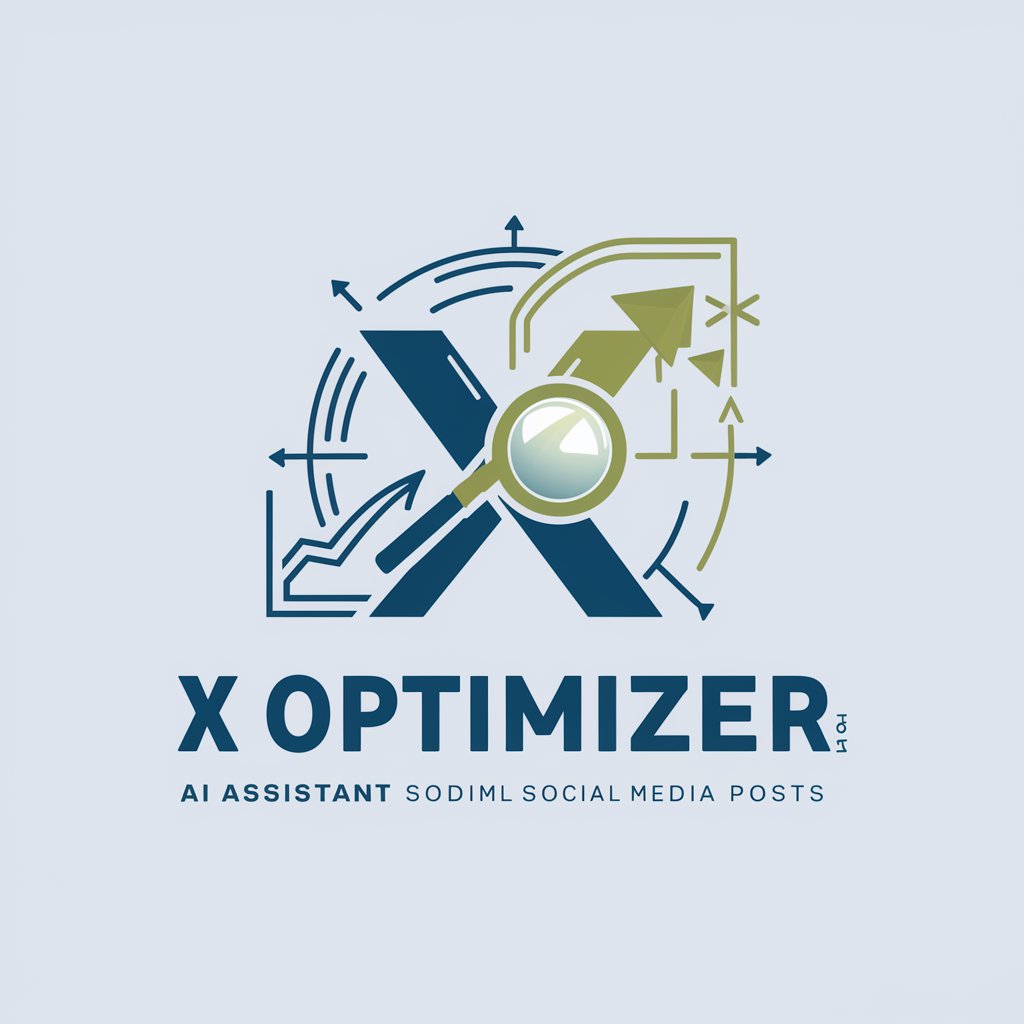
Pixel Compressor
Effortlessly Compress Images with AI Precision
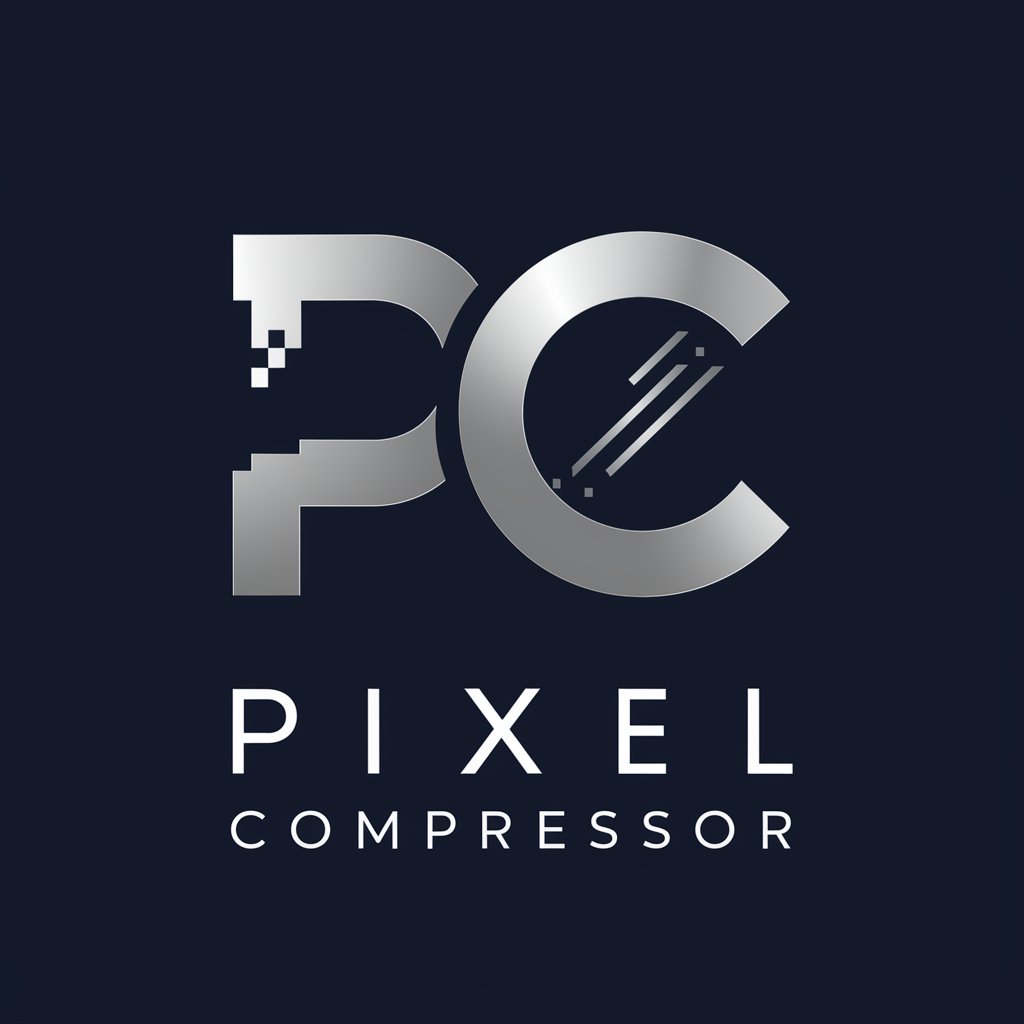
Lowpi - Laptops
AI-powered laptop matchmaking
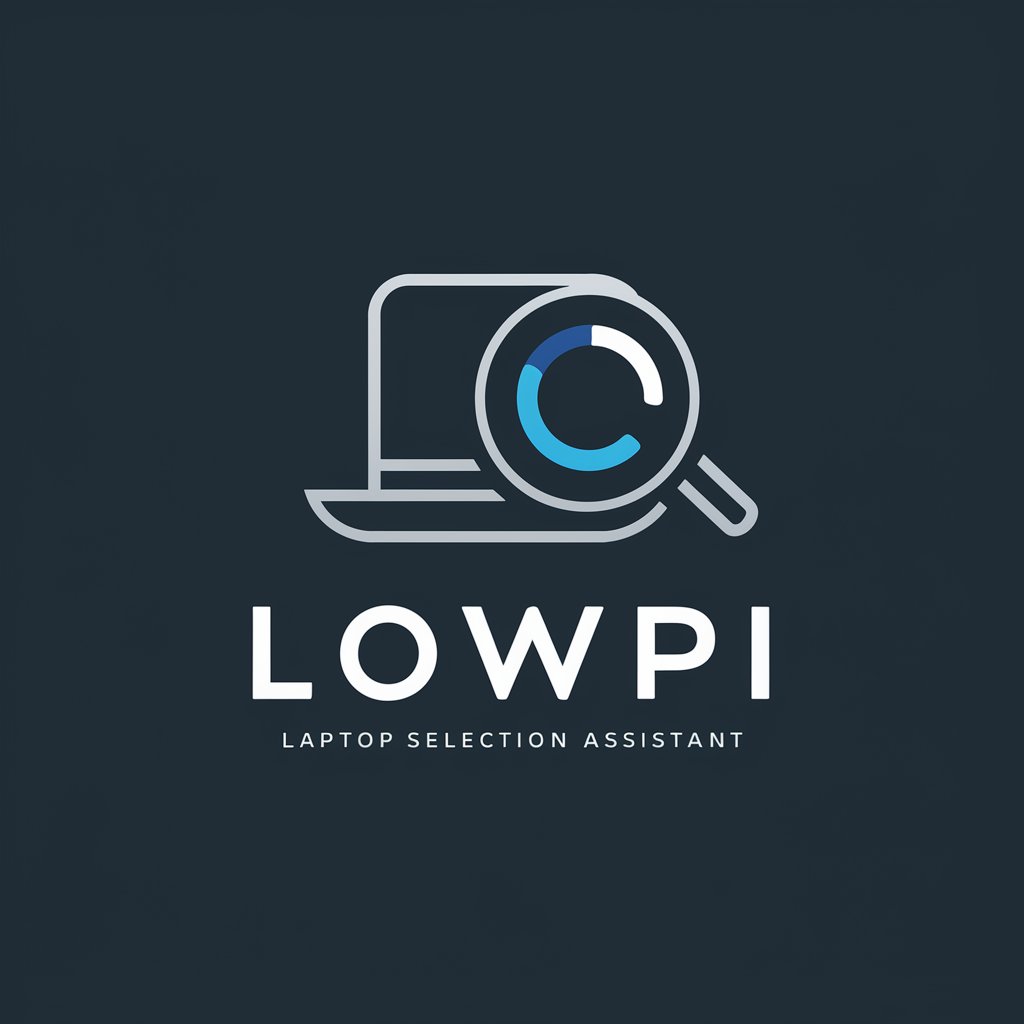
FindVC
Streamlining your venture capital journey with AI

Interview Ace
Tailoring Your Interview Success with AI
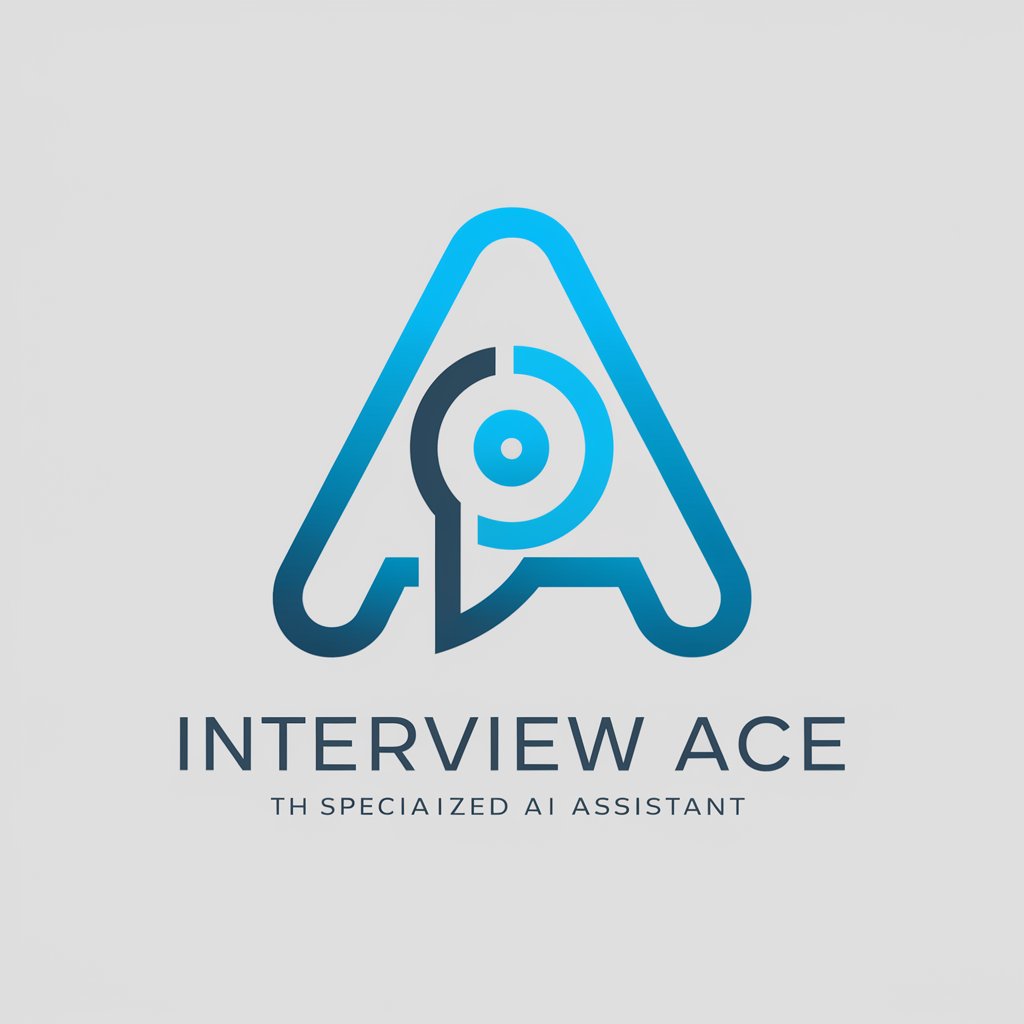
Frequently Asked Questions About Athena
What programming languages does Athena cover?
Athena covers Python, SQL, R, and introduces web development, machine learning, AI, and Julia, catering to a range of skills from beginner to intermediate.
How does Athena adapt to my learning progress?
Athena tracks your progress through the practice problems and tutorials you engage with, adapting the learning roadmap to your evolving proficiency for a personalized learning experience.
Can Athena help with academic writing?
While Athena's primary focus is on data science and programming, it can offer guidance on structuring logical arguments and presenting data, which are valuable skills in academic writing.
Is Athena suitable for beginners?
Yes, Athena is designed to cater to learners at various levels, including beginners, offering foundational tutorials and practice problems to build up your skills.
How can I get the most out of my experience with Athena?
To optimize your learning experience, actively engage with the content, practice regularly with the provided problems, and utilize the feedback and progress tracking features.
